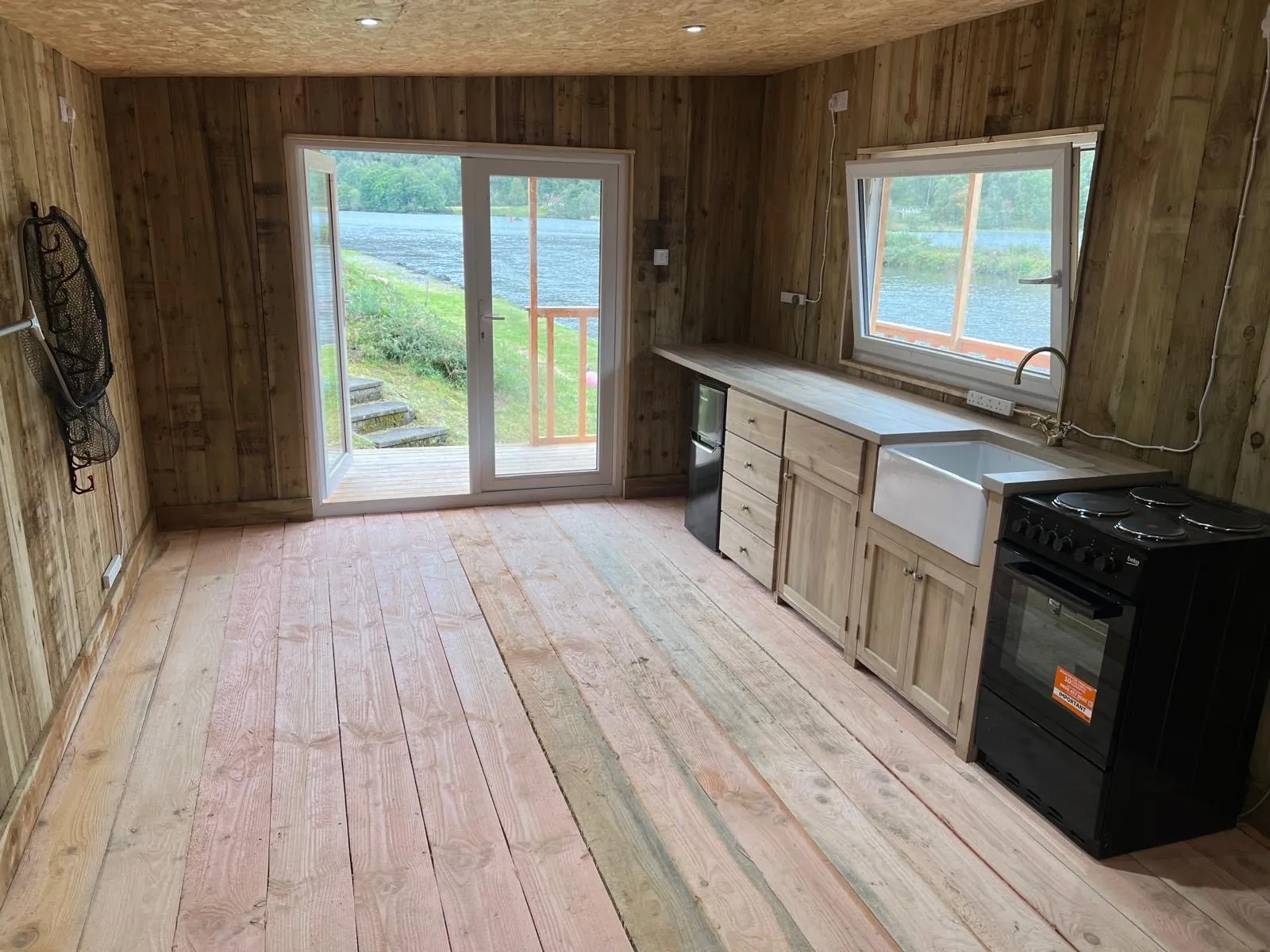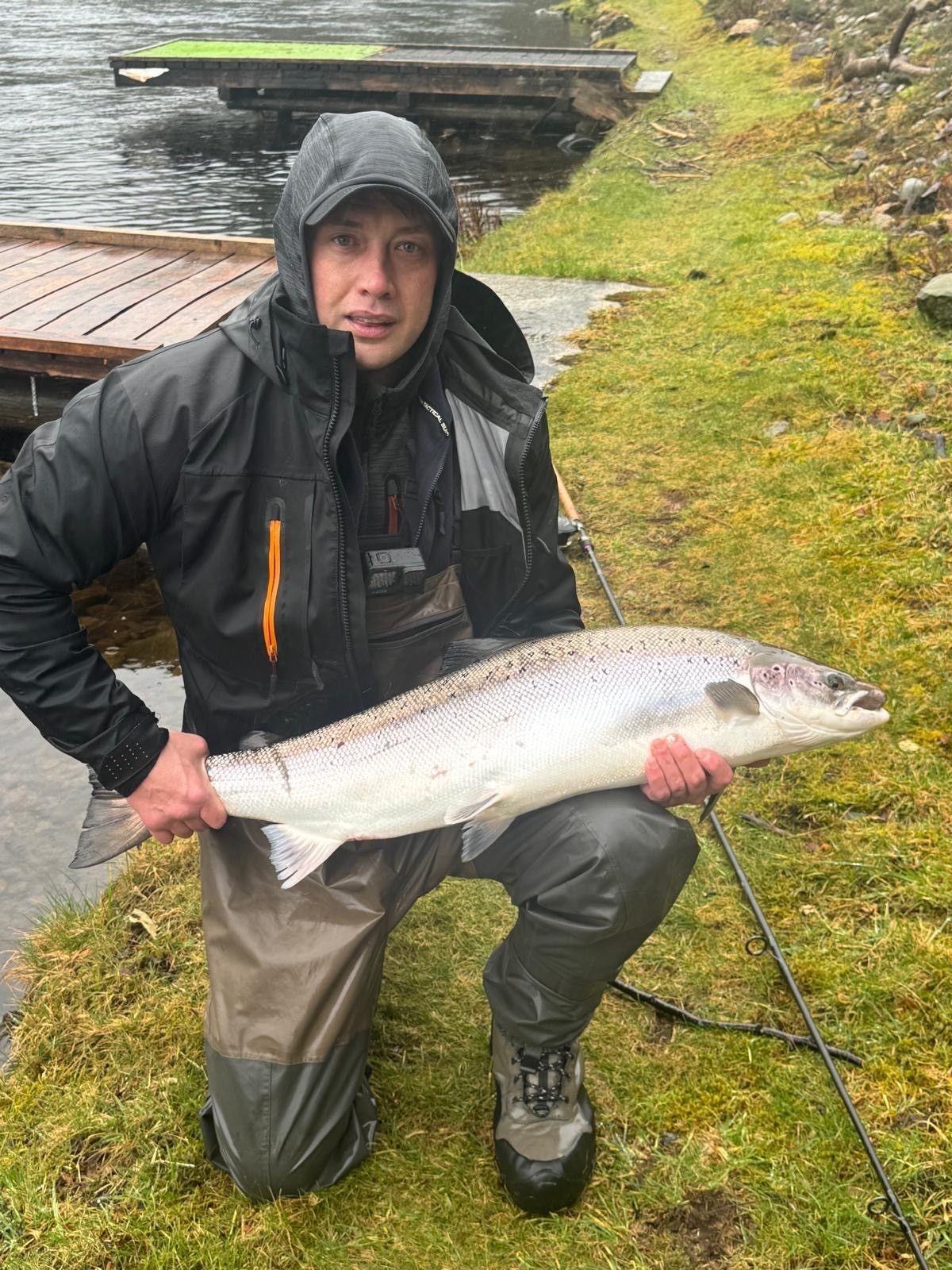River Garry
New Fishing Cabin, River Garry, Invergarry, Inverness-shire


Now Taking Bookings For 2026
Exclusive salmon fishing on the lower river Garry and Loch Oich, so you can access the most productive pools. The fishing comprises half a mile of double bank fishing – Estuary Pool, House Pool and Sluice Pool as well as Loch Oich. Various options are available including a syndicate rod is for £1,295.
There is a boat for use by syndicate members, or you can bring your own and moor it at the mouth of the river for use on the loch. There is ample private parking next to the new fishing cabin, which is now complete and ready for the 2026 season.

Special prices on accommodation when booked with fishing - details available on request.
- Half a mile of double bank fishing on the River Garry - Estuary, House and Sluice pools.
- Loch Oich - the River Garry runs into Loch Oich where you also have the exclusive salmon fishing rights.
- A boat is provided for the loch at the mouth of the river a minute's walk from your car.
- Maximum six rods – select how many you wish to book.
- Easy access to the pools with private parking adjacent to the Estuary Pool.
- Fully fitted fishing cabin, equipped with cooking facilities, fridge, table and chairs, BBQ and of course, rod rests.
Below are just a few of the salmon caught on the River Garry & Loch Oich




















Enquiry
Or call us on 07796456026
